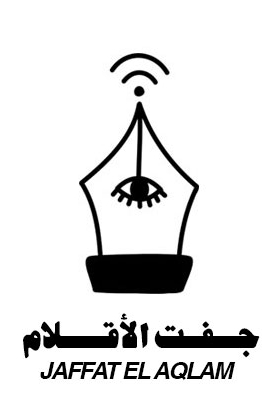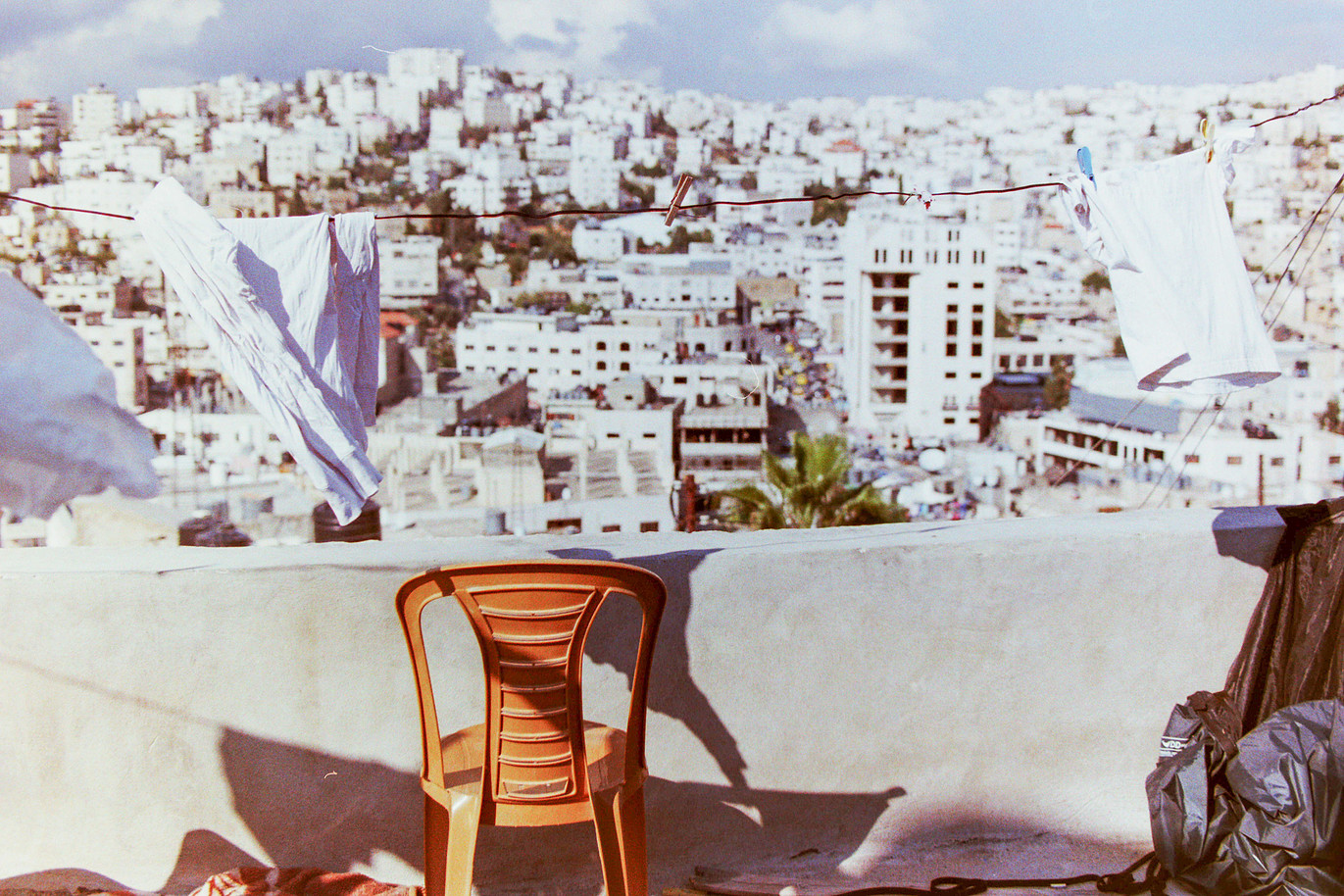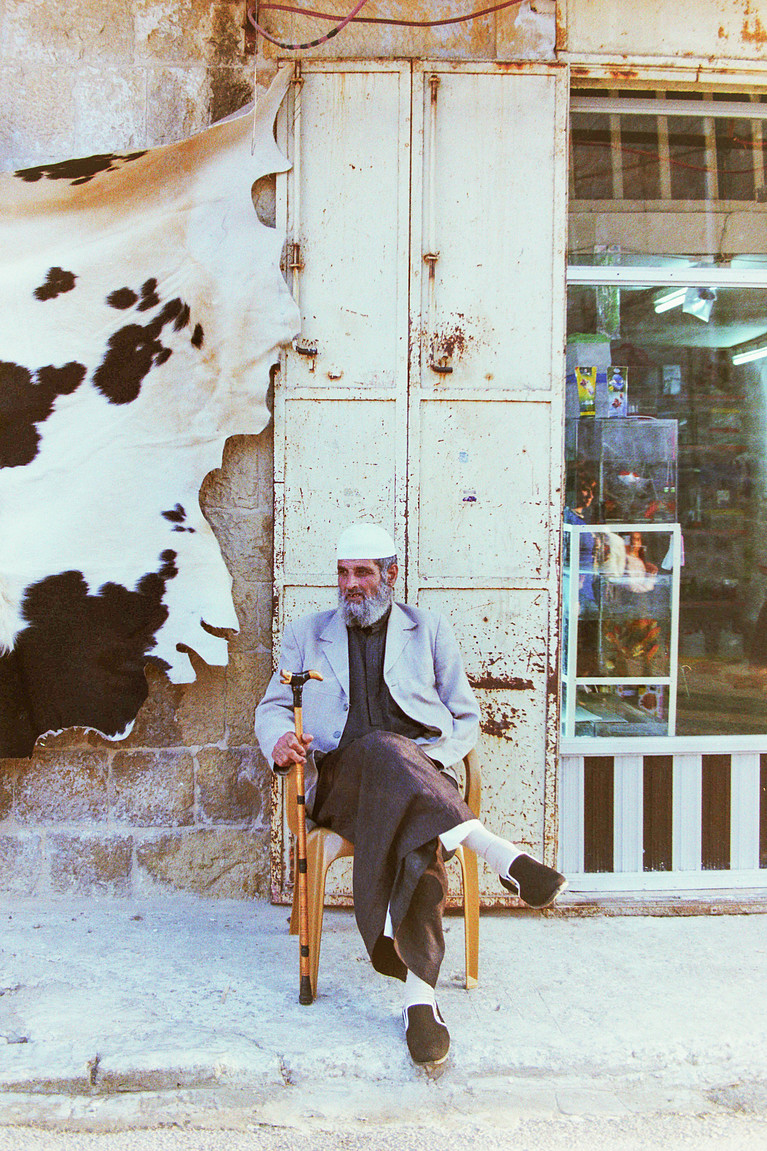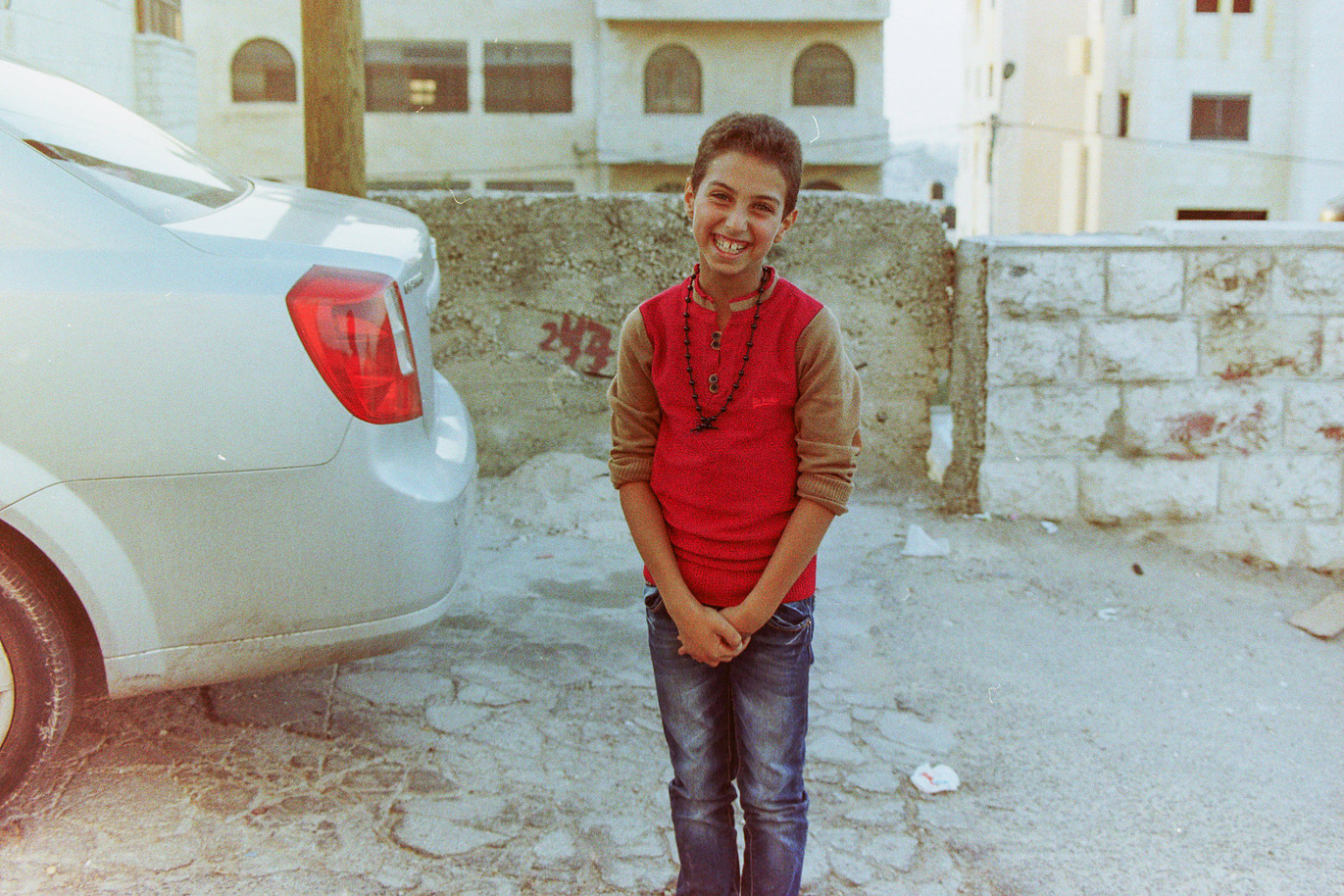A plot for a movie that has never been made.
One early morning, a yellow taxi pulls up by the famous ‘Souq al-Madina’ in Aleppo, where an elegantly dressed Zayneb Hallaq emerges from. Standing in front of a jewelery shop, she eats some of her kibbeh with pomegranate syrup while sipping the black tea she brought with her, before she hops into the taxi that will take her home. Upon arriving at the door of her apartment’s building, she sees a man who is ringing her apartment’s bell in hopes for any of the building’s tenants to buzz him in. After conversing with him she discovers that he is her new neighbor-tenant Ali al-Falaji.
Zayneb is very passionate about voicing people’s opinions and mustering the truth and displaying it to the public in her writing. Consequently she becomes heavily affiliated with Hamdi the Hidden, a very controversial writer in an underground newspaper in Aleppo. Through the movie’s build up, Zayneb finds out that Ali, her new neighbor, is also a writer, a very good one too, who wrote a book about a young Syrian soldier titled ‘Nine Lives five years’, but has not published anything else since then. The two new friends confide in each other what they both want to achieve while they live in Aleppo. To Ali, it was to publish another book, where Zayneb explains in turn that her purpose in Aleppo is to save up money in order to support her brother, Ayman, once he gets out of the Army.
With the progress of time, Zayneb and Ali’s relationship develops and the days bring them closer and closer. Until one day, Ali could hear a stern deep voice coming from Zayneb’s apartment that could not be her voice. Intrigued and driven by suspicion, he nears her apartment in an attempt to catch something that would make sense to him. He starts hearing Zayneb’s voice which sounds faint and feeble, as if pleading in despair for mercy. Ali could no longer uphold the confusion and anger that are eating his heart while hearing the voices in a discourse that he could not comprehend, and decides to intervene and bursts into the apartment.
Still caught in the haste of an adrenaline rush, Ali rushes through the entrance to be confronted with Zayneb and a big man in the living room. Standing there, his sole presence in the silent room demands an urgent explanation from Zayneb at once. Zayneb quickly and nervously introduces the two men to each other, Ali as merely the next door neighbor, and the big man as Hussain Al Hallaq, her husband. She carries on the introduction by saying that she has been wedded to Hussain since she was 13 years of age, in her hometown, a small village not very far from Aleppo. Ali, pale as a sheet of paper, bleakly explains his thoughtless action of barging in by saying that the noise coming from the apartment worried him, and excuses himself.
Zayneb mumbles something quickly to Hussain, and rushes after Ali to catch him by the door. In high hopes to justify herself, she explains that her marriage to Hussain was arranged and she had fled to start a new life in Aleppo, leaving her husband, family and the life she hated all behind. She quietly cries that he only came today to take her back because her brother Ayman is returning from the army.
At that moment, and in the surge of all the mixed feelings expressed in that little corridor by the door, the police raid Zeyanb’s apartment, pushing the door wide open, they recognize and arrest Zayneb for her disputable political activities in the Oppositional Underground movement with Hamdi the Hidden. And it is in that moment in particular that Ali realizes that he has fallen in love with her.
------
TEXT & ART:
MOSHTARI HILAL



































